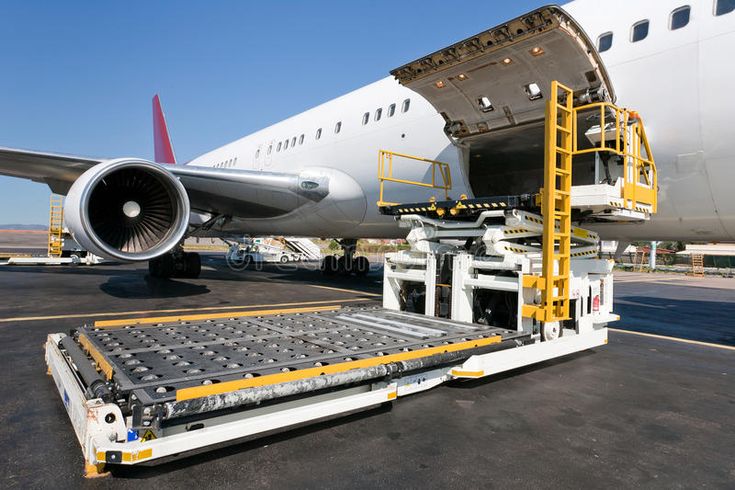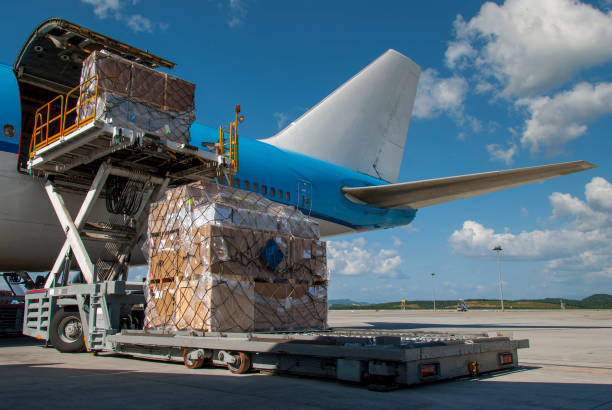
Free zone businesses at airports typically benefit from reduced regulations, tax incentives, and customs privileges, fostering trade, logistics, and manufacturing. Common industries in these zones include:
1. Logistics and Freight Forwarding: Given the proximity to air transport, logistics companies set up operations to manage imports, exports, and distribution, often with faster customs processing.
2. E-commerce and Distribution Centers: Many e-commerce platforms use free zones at airports to maintain inventory and dispatch goods efficiently, meeting demand for rapid shipping.
3. Pharmaceutical and Perishables Storage: With specialized storage needs, pharmaceutical companies, and suppliers of perishable goods take advantage of controlled environments and quicker distribution.
4. Manufacturing and Assembly: Industries requiring frequent shipment of raw materials and exports of finished products often use free zones to simplify import/export processes and reduce costs.
5. Aircraft Maintenance and Parts Suppliers: Airlines and aviation parts manufacturers establish maintenance operations to handle repair, parts distribution, and aircraft servicing.
6. Technology and Electronics: Companies dealing in technology products like electronics or IT equipment often base themselves in these zones for efficient trade and customs handling.
Free zones thus leverage airport infrastructure to attract businesses needing global access and streamlined customs, enhancing the overall ecosystem at airports.
Our Vision
As Africa’s premier business partner, we set the benchmark for free zone trade in Nigeria, while serving as the gateway to the largest economy in sub-Saharan Africa.
Read More »YOU CAN DO BUSINESS WITH US
There are great opportunities for your business to grow when you do your business with us.




